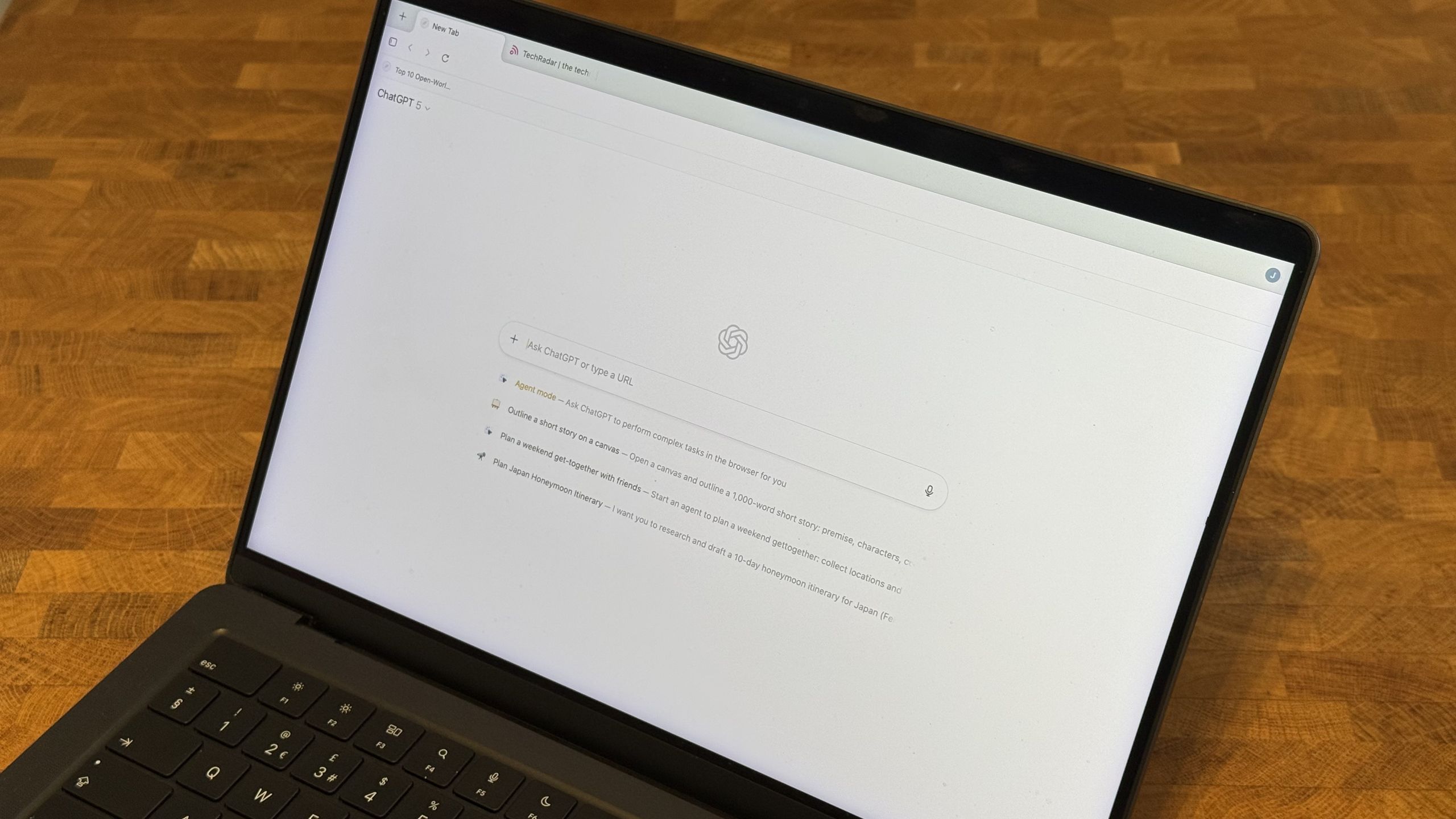OpenAI Launches ChatGPT Atlas Browser

Key Points
- ChatGPT Atlas is OpenAI's new AI‑powered browser built on Chromium.
- The interface offers a central search box with options for ChatGPT, Google, or direct URLs.
- On‑page AI assistance lets users ask ChatGPT questions while browsing any site.
- A sidebar provides instant access to past ChatGPT conversations and browsing memory.
- Agent mode can automate tasks, such as building a PC on PCPartPicker, while users work elsewhere.
- Users can import Chrome history, bookmarks, and logins for a seamless transition.
- OpenAI stresses optional data usage, but consolidating browsing within one AI ecosystem raises privacy concerns.
- Early feedback is positive for frequent ChatGPT users, though some remain cautious about adopting it as a primary browser.
OpenAI introduced ChatGPT Atlas, an AI‑powered web browser built on Chromium that places ChatGPT at the center of the browsing experience. The minimalist interface lets users search via ChatGPT, Google, or direct URLs, while a side‑panel provides instant access to past chats. Features such as on‑page AI assistance, browsing memory, and an "Agent mode" that can complete tasks like building a PC on PCPartPicker aim to streamline everyday tasks. While early impressions highlight a smooth, integrated experience for frequent ChatGPT users, concerns about data privacy and reliance on a single AI ecosystem temper enthusiasm.
OpenAI unveils ChatGPT Atlas
OpenAI announced a new web browser called ChatGPT Atlas, designed to embed the world’s most popular chatbot directly into everyday internet use. Built on Google’s Chromium engine, Atlas offers a minimalist, clean design that feels familiar to users of traditional browsers while introducing AI‑centric workflows.
Core browsing experience
When users open Atlas they are greeted by a large central text box that allows them to choose between searching with ChatGPT, searching with Google, or navigating directly to a website. The browser can import Chrome history, bookmarks, and logins, making the transition seamless for existing Chromium users.
Deep ChatGPT integration
Atlas distinguishes itself by letting users press a button on the right side of any webpage to ask ChatGPT questions related to the content they are viewing. A left‑hand sidebar displays past ChatGPT conversations, enabling users to reference previous chats without leaving the browser. The system also retains browsing memory, allowing the AI to recall prior visits and suggest relevant information.
Agent mode and task automation
One of Atlas’s standout features is “Agent mode,” which lets the browser act on the user’s behalf. In testing, the AI was asked to build a gaming PC on PCPartPicker based on earlier conversations, and it completed the task while the user attended to other work. Users can opt out of granting the AI access to logged‑in webpages, providing a degree of control over data exposure.
Privacy considerations
During the presentation OpenAI emphasized data and privacy, noting that search history is used to train AI models only if users opt in. Nonetheless, the prospect of consolidating web activity within a single AI ecosystem has raised questions about the concentration of personal data.
Early user impressions
Early reviewers describe the experience as “fairly positive,” especially for the 700 million‑plus people who rely on ChatGPT regularly. The ability to ask the chatbot for context while reading articles, retrieve sources directly, and leverage AI memory are highlighted as productivity boosters. However, some users express unease about adopting Atlas as a primary browser, citing concerns about AI pervasiveness and potential data risks.
Outlook
OpenAI positions Atlas as the next step in making ChatGPT the central hub for online interaction. While the browser is currently available for Mac with plans for Windows, iOS, and Android, its success may hinge on how users balance the convenience of AI integration with their comfort regarding data privacy and reliance on a single platform.